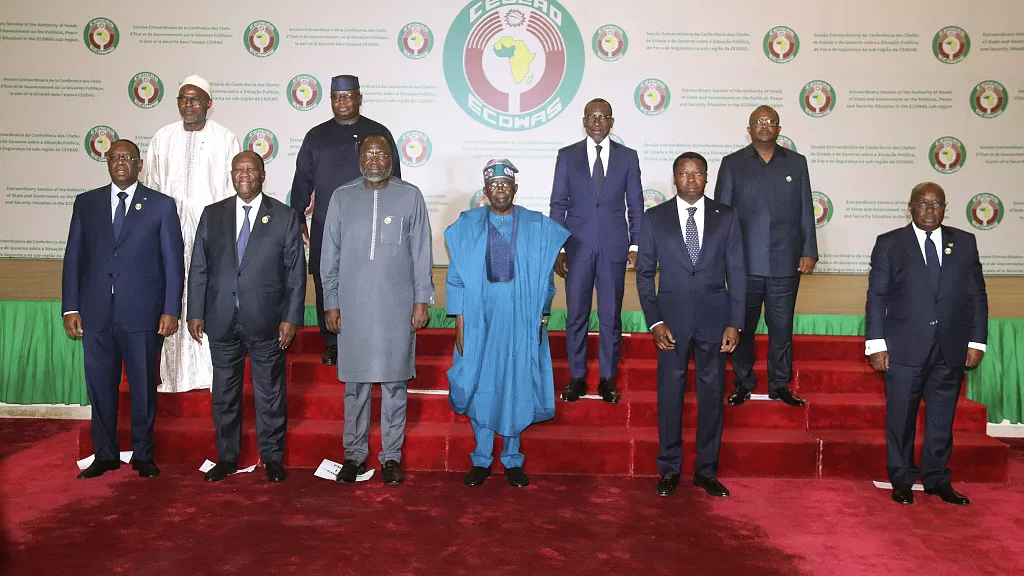ECOWAS Promotes Dialogue, Lifts Sanctions on Niger After Coup
West Africa’s regional bloc, ECOWAS, has lifted travel, commercial, and economic sanctions imposed on Niger to reverse the coup staged in the country last year. The decision was announced by Omar Alieu Touray, the president of the ECOWAS Commission, after a meeting in Nigeria’s capital, Abuja, to address the region’s threats and encourage three junta-led nations to reconsider their withdrawal from the bloc.
The lifting of sanctions on Niger is based “on purely humanitarian grounds” to alleviate the suffering caused, Touray stated. However, he clarified that targeted individual sanctions and some political sanctions remain in force. The move is critical for ECOWAS as it grapples with potential disintegration and a surge in coups within the region.
At the summit, the leaders discussed the unprecedented decision by Mali, Burkina Faso, and Niger to exit ECOWAS, citing “inhumane sanctions.” The departure of these nations challenges the bloc’s unity and authority, established in 1975 as the top political and economic entity in West Africa.
Nigerian President Bola Tinubu, the current chairman of ECOWAS, emphasized the need to safeguard constitutional order, uphold democratic principles, and promote citizens’ social and economic well-being. He urged the three countries to reconsider their decision and not perceive the organization as an enemy.
The summit also addressed the review of harsh sanctions imposed on Niger. This week, Nigeria’s former military ruler, Yakubu Gowon, urged regional leaders to lift the sanctions, emphasizing the bloc’s role in benefiting the people.
In recent years, ECOWAS has grappled with the Sahel’s challenges, marked by growing violence from extremists and rebels. The region has witnessed nine coups since 2020, with coup leaders citing government failures in providing security and good governance. The coup-hit countries, among the poorest and least developed, face a complex socio-political landscape.
The withdrawal of Mali, Burkina Faso, and Niger from ECOWAS contributes to a fragmented and divided West African region. This new alliance challenges traditional structures and reflects opposition to established regional norms. The outcomes of this summit and the broader challenges facing ECOWAS highlight the complex dynamics and the need for concerted efforts to address the region’s issues.



















